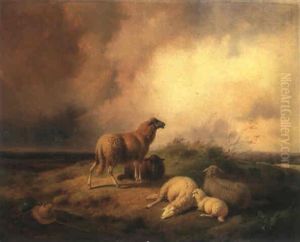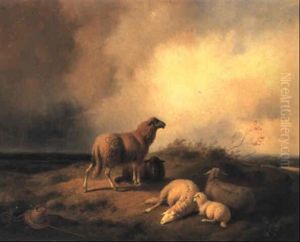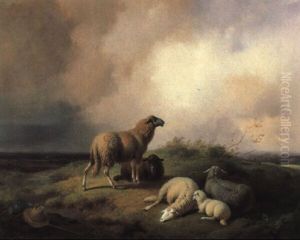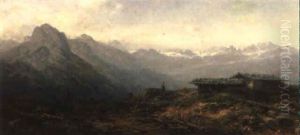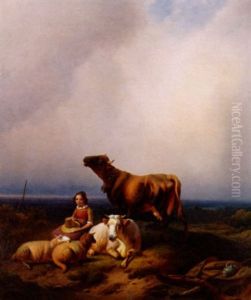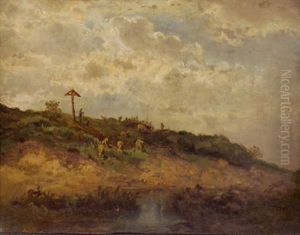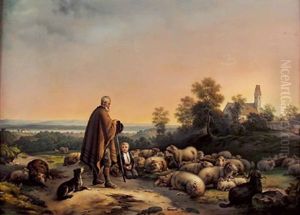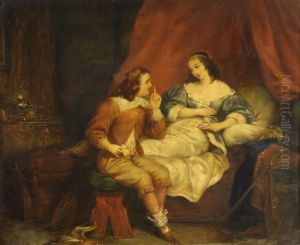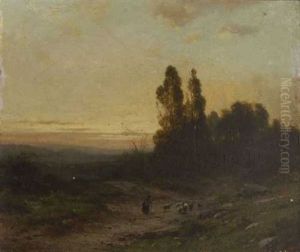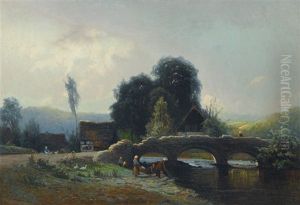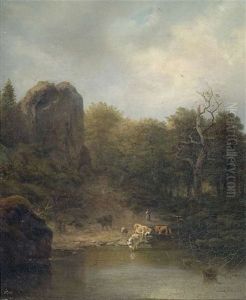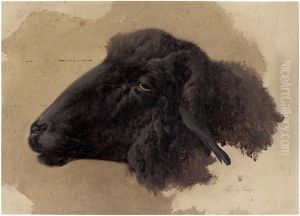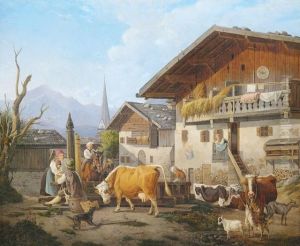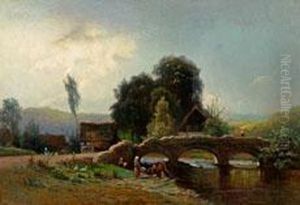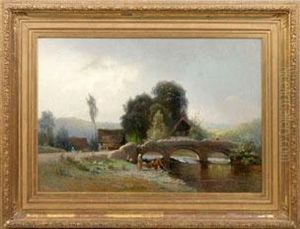Moritz Eduard Lotze Paintings
Moritz Eduard Lotze was not a figure in the field of visual arts, but rather an influential German philosopher and logician of the 19th century. Born on May 21, 1809, in Bautzen, Saxony, Lotze was an important intellectual figure who contributed to the fields of philosophy, psychology, and the philosophy of religion. His work is often seen as a bridge between the idealist traditions of the early 19th century and the emerging realist and existentialist movements that would gain prominence towards the end of the century and into the 20th.
Lotze studied at the University of Leipzig, where he was particularly influenced by the work of Johann Friedrich Herbart, a German philosopher and psychologist who is known for his work in establishing psychology as a scientific discipline. Lotze received his doctorate in 1834 and began his academic career at the University of Leipzig before moving on to the University of Göttingen in 1844.
Throughout his career, Lotze sought to reconcile the metaphysical views of earlier idealist philosophers with the scientific materialism that was on the rise in his time. He did not believe that the material world could be reduced to purely mechanical principles, and he proposed instead that a spiritual principle should be recognized in the explanation of the world. Lotze's major works include 'Mikrokosmus' (1856-1864), a three-volume work that offered a comprehensive vision of human life and the universe, integrating insights from science, ethics, aesthetics, and religion.
Lotze's influence extended beyond Germany and was particularly noted in the English-speaking world. His ideas had a significant impact on the New England transcendentalists and later on American pragmatists such as William James. Lotze's work on the concept of values and his teleological understanding of the world also foreshadowed the work of 20th-century phenomenologists and existentialists.
Moritz Eduard Lotze passed away on July 1, 1891, in Berlin. His legacy continued through his students and the many thinkers he influenced, contributing to a philosophical discourse that sought to integrate the insights of science with a broader metaphysical understanding of the world.

